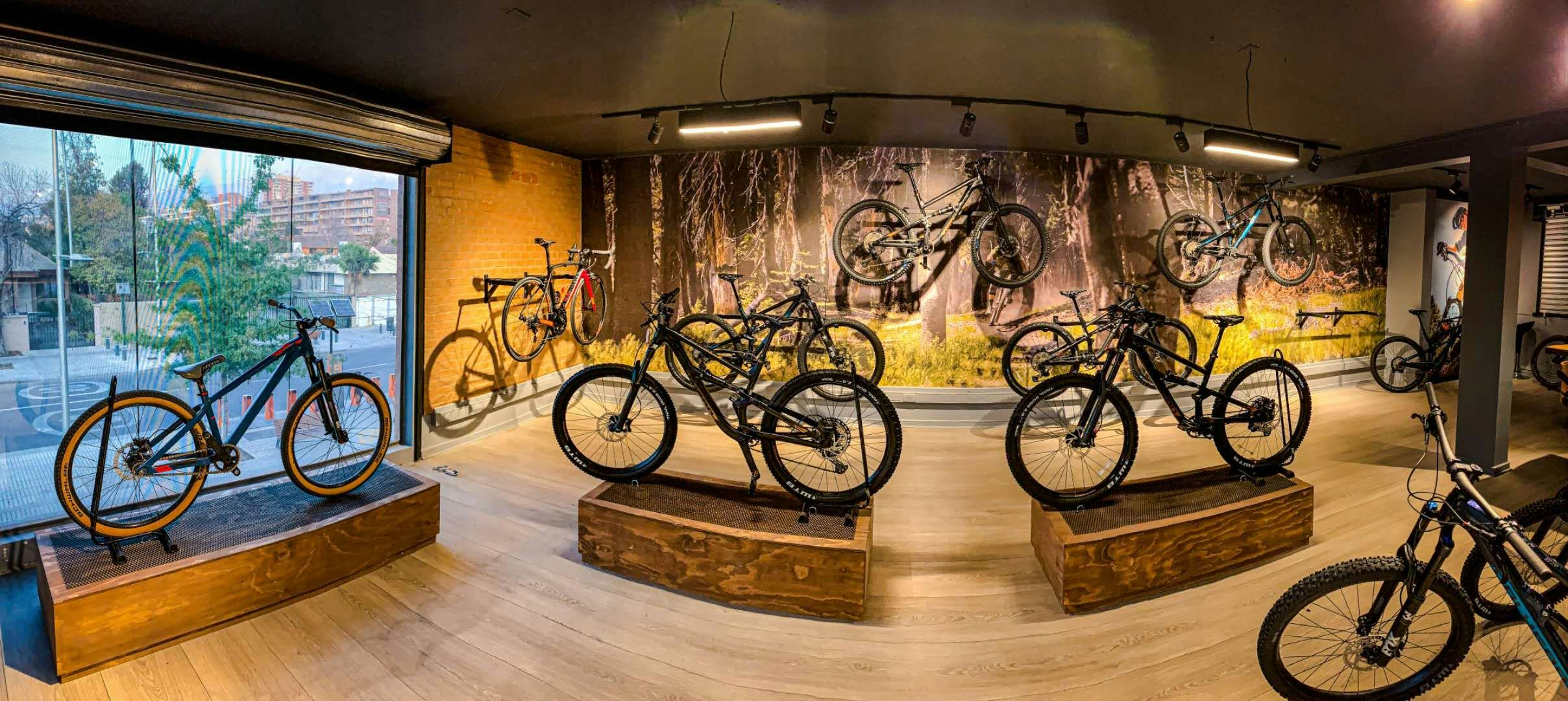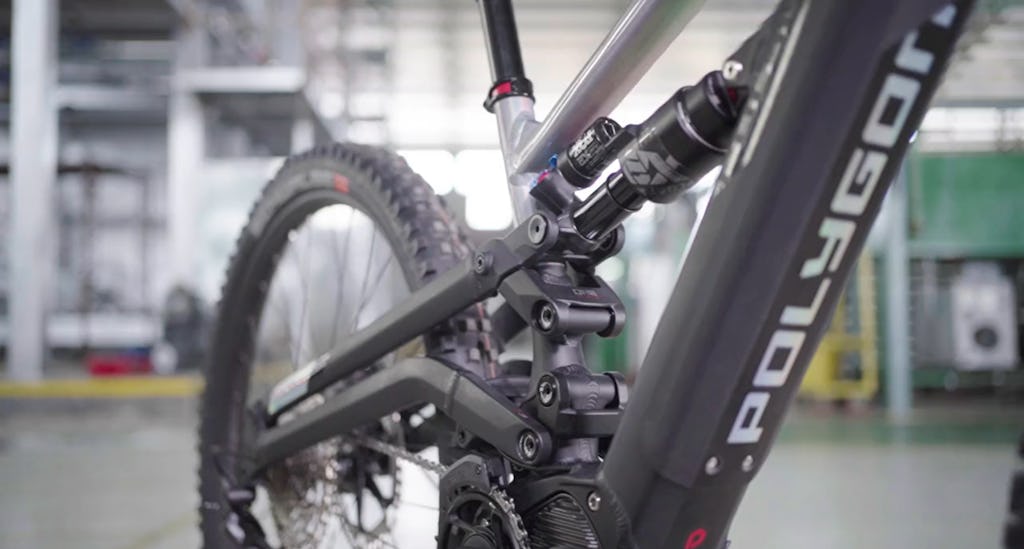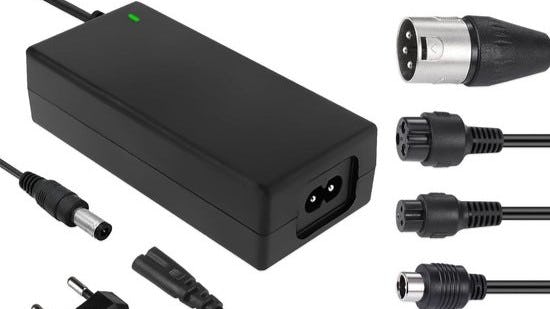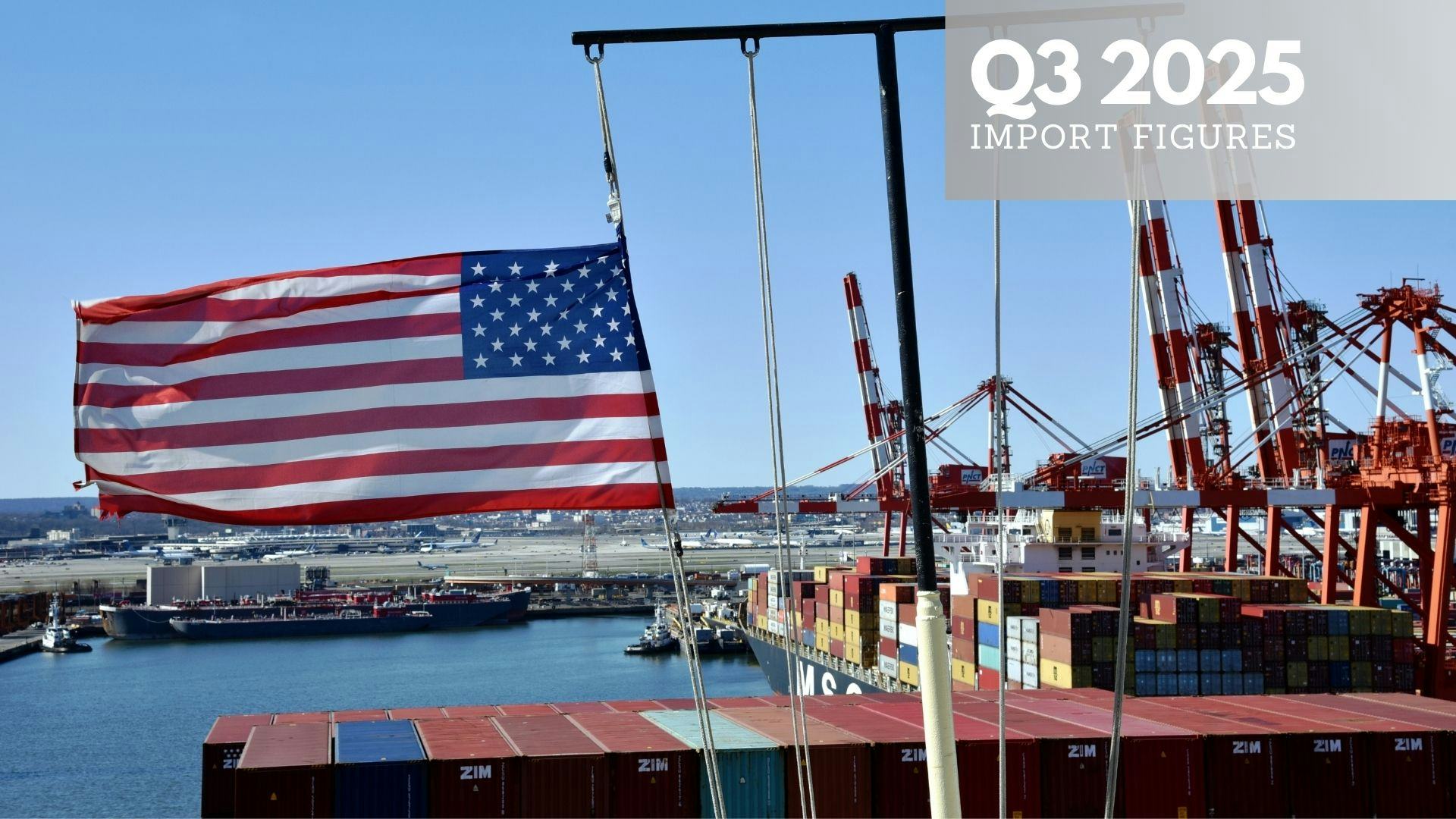Throughout the past few years, retailers within the bicycle industry have experienced the difficulties of navigating challenging supply chain conditions. When COVID happened, the whole industry went into limbo, with too many players caught out, unexpecting the surging demand that happened. As a result, they are now placed in an situation where order lead times are getting longer, yet there is uncertainty as none can be sure whether the demand is going to normalise.
Strategy
Within all these upheavals is where Polygon has excelled in the past few years, through its strategy of in-house manufacturing facilities and emphasis on directly selling to retailers. In the beginning of COVID, where brands and factories alike predicted that sales of bicycles would plummet, Polygon interacted closely with its retailers to understand how consumers reacted, and thus was able to grab an outsized pie of opportunity in the upheaval.
“Through our interaction with our retailers, we were able to quickly identify the increased demands and adjust our production when other players were still concerned about a market downturn” said Yanto, Polygon’s CEO. In addition, by directly selling to retailers Polygon is able to offer its world-class products with great value, thus scoring multiple very strong reviews from leading bicycle medias.
Beneficial for retailers
This unique business model that cuts through traditional middlemen has also proved to be beneficial for retailers. “Working with Polygon has enabled us to react rapidly to our market dynamics as we can order anytime as opposed to having our orders locked in 6 months in advance” said Matias de la Maza from Cross Mountain, Chile.
In addition, given its single sourcing, Polygon has also been to waive the minimum quantity requirements that is the norm within the industry. This simple business model is especially attractive in the upcoming post-COVID era, as retailers can order even in single containers every week, and thus do not have to incur high inventory costs and excessive working capital requirements.
Multiple global awards
While Polygon have been very competitive and won multiple global awards in the full suspension MTB category, Polygon’s full array of portfolio: from road bike to e-bike, all the way to kids bike and folding, have enabled bike shops to offer a full range of products to all its consumers. In fact, combined with the lack of a minimum order quantity (MOQ), retailers have raved about being able to pile up 80 different models of bicycles in one container, thus allowing them to properly handpick the bicycles that will best resonate to their customers each time.
The combination of integrated business model and close relationship to retailers has enabled Polygon to grow at an annual rate of more than 30% in the past 5 years. With dealership application piling up, maybe its only a matter of time before Polygon starts being displayed in dealerships in our neighbourhood.
This article is sponsored by Polygonbikes








